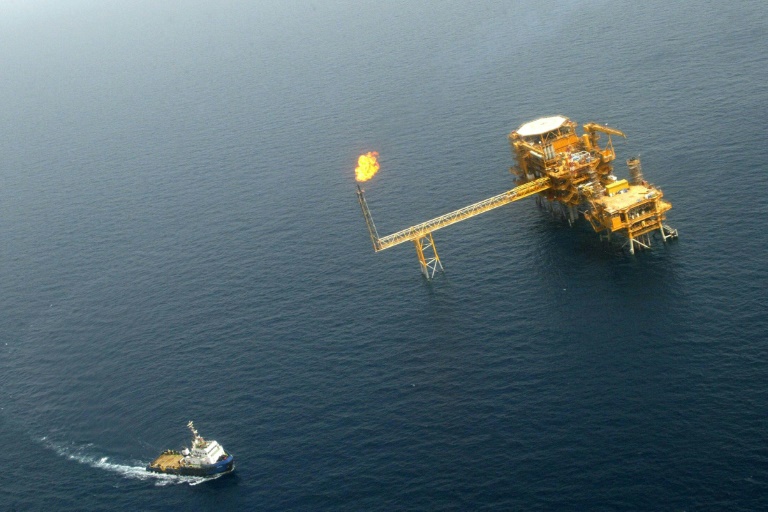-
Tips for becoming a good boxer - November 6, 2020
-
7 expert tips for making your hens night a memorable one - November 6, 2020
-
5 reasons to host your Christmas party on a cruise boat - November 6, 2020
-
What to do when you’re charged with a crime - November 6, 2020
-
Should you get one or multiple dogs? Here’s all you need to know - November 3, 2020
-
A Guide: How to Build Your Very Own Magic Mirror - February 14, 2019
-
Our Top Inspirational Baseball Stars - November 24, 2018
-
Five Tech Tools That Will Help You Turn Your Blog into a Business - November 24, 2018
-
How to Indulge on Vacation without Expanding Your Waist - November 9, 2018
-
5 Strategies for Businesses to Appeal to Today’s Increasingly Mobile-Crazed Customers - November 9, 2018
Iran yet to commit to oil output freeze
On Wednesday, the Iranian newspaper Shargh quoted Mehdi Asali, the country’s OPEC envoy, as saying that Iran plans to ramp up production until pre-sanctions levels are attained.
Advertisement
Earlier, Iran said on Wednesday it would resist any plan to restrain its oil output as fellow Opec ministers tried to persuade the country to join the first global oil pact in 15 years.
“The decision that was taken for the Opec and non-Opec members to keep their production ceiling to stabilise the market and prices for the benefit of producers and consumers, is supported by us”, he said.
After meeting with counterparts from Venezuela, Iraq, and Qatar in Tehran, Bijan Zanganeh, oil minister for Iran, told the Shana news agency that “This is the first step and other steps should also be taken”.
The sanctions were lifted last month, allowing Iran to resume selling oil freely in global markets.
At the opening of trading yesterday, Brent crude prices had passed $35 per barrel ahead of expectations for a solution at Doha, but dropped by 3 percent to $32.38 per barrel after the announcement that four producers agreed to freeze output at January levels.
But there was one catch: Other major exporters must follow suit, they said, freezing their production to ensure fairness. “Everybody agrees that we have to monitor the market situation and reaction, and consult on the next steps if necessary”, he added.
Natixis lead oil market analyst Abhishek Deshpande told journalists in Paris that a freeze in production was not enough and is likely to unravel, with only an aggressive cut sufficient to mop up excess crude in the market.
Five years ago, before the sanctions were placed, Iran was supplying over 4 million barrels of oil to the world every day.
The world is already producing more than 1 million bpd than it consumes, with oil stockpiles at record levels.
Saudi oil minister Ali al-Naimi said the January production levels are “adequate”, but that the agreement reached in Doha is only good if other large producers sign on as well. “Even if we did see some type of a freeze, what’s to say everyone is going to stick to it?” “We were hoping that OPEC would have decided this a long time ago because the countries in OPEC, including Iraq, have lost billions of dollars”.
Advertisement
Iran used to export 2.3 million barrels per day but its crude exports fell to 1 million in 2012. United States crude traded at Dollars 30.51 a barrel, up USD 1.47, also near the highs of the day.





























